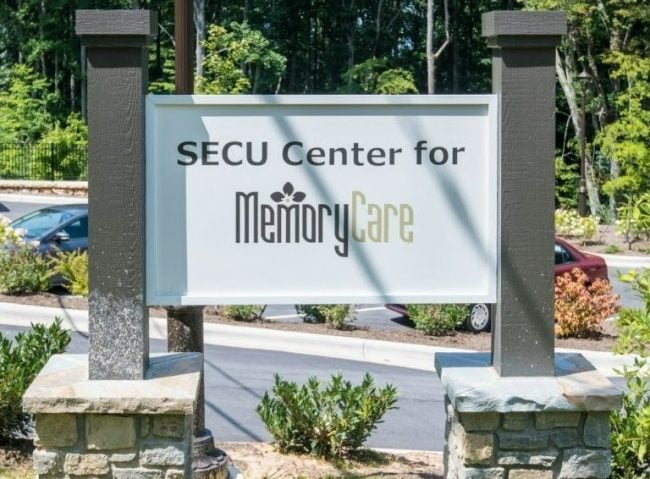Credit unions have worked very hard over the past few years andhave seemingly come through the worst economic times since theGreat Depression. We as an industry are still able to say that wedid not need the government to bail us out, and that credit unionsare still on relatively strong financial footing. Credit unionsshould be proud of the way we have supported one another andprovided our cumulative strength to keep our industry independentof taxpayer money.
|Last week Representative Peter King (R-N.Y.) introduced a bill(HR 3993) that would give the NCUA authority to improve creditunion safety and soundness through the introduction of secondarycapital. The timing couldn't be better. Even the healthiest creditunions bore the brunt of NCUSIF premiums and corporatecapitalization deposits, and all but a few have a lower net worthtoday than they did two to three years ago.
|Now, interest rate spreads are very narrow, and there is onlyone way for rates to go. In a rising rate environment, we all knowthat the deposits will re-price quickly and the loans and assetsnot so quickly, making profitability very difficult and the growthof retained earnings a challenge. At the same time, the Americanpublic has begun to see all the good that credit unions are doing,and deposits are on the rise, creating terrific growth opportunityfor credit unions and adding to total assets. Acting now beforethese pressures mount is not only appropriate but wise andprudent.
|The fact is that now is the time for some innovative viewpointson capital, in order for credit unions to sustain this growth andnot weaken net worth to asset ratios, thereby protecting theAmerican taxpayer and the not-for-profit, cooperative,consumer-oriented financial alternative to traditional banks.
|Although banks have said they would not oppose any measures thatwould add to safety and soundness of the financial system, theywill certainly oppose this because it will allow credit unions togrow and allow credit unions to stay strong and vibrant. This time,Congress should not listen to the banks because safety andsoundness trumps all, and the banks themselves have cost thetaxpayer billions through their inability to properly capitalizetheir institutions. Meanwhile the credit union industry standsunited with CUNA, NAFCU, NASCUS and AACUL behind this bill. That isrefreshing to say the least.
|Are there drawbacks to secondary capital? Sure. It can beexpensive, and if not properly administered by the NCUA, it couldprovide influences to credit union decision making that arecontrary to our mission. Certainly as a longtime credit unionperson, no one will jump up quicker to protest than I if thestructure or mission of our great industry is compromised. But tonot make the option of secondary capital available and to not allowthe NCUA to draft up the appropriate rules that could prevent suchinfluence would be short sighted and would certainly not beconsumer sensitive. In the end, I am confident that the industryand the regulator can find the right way to do this.
|Community development credit unions have served America's mostneedy consumers and have relied on secondary capital for years. Tothe best of my knowledge, as a volunteer for the NationalFederation of CDCU's, I have not seen where the mission has beendiluted because of secondary capital. And the infusion of suchcapital in many cases has allowed these institutions to do afabulous job of reaching out to underserved communities and somevery deserving consumers who would perhaps otherwise not have achance. Why should mainstream credit unions not have the sameopportunity?
|It is time for Congress to take note of how responsible creditunions have been, how well we have reached out to and supportedconsumers in this difficult economy and allow us to find a way tocontinue to operate as safe, sound, financial alternatives tobanks. The time for secondary capital is now, when a calm andthorough approach to this issue can be utilized and not at somecrisis point in the future that never has to happen.
|Michael Vadala
President/CEO
The Summit FCU
Rochester, N.Y.
Complete your profile to continue reading and get FREE access to CUTimes.com, part of your ALM digital membership.
Your access to unlimited CUTimes.com content isn’t changing.
Once you are an ALM digital member, you’ll receive:
- Critical CUTimes.com information including comprehensive product and service provider listings via the Marketplace Directory, CU Careers, resources from industry leaders, webcasts, and breaking news, analysis and more with our informative Newsletters.
- Exclusive discounts on ALM and CU Times events.
- Access to other award-winning ALM websites including Law.com and GlobeSt.com.
Already have an account? Sign In
© 2024 ALM Global, LLC, All Rights Reserved. Request academic re-use from www.copyright.com. All other uses, submit a request to [email protected]. For more information visit Asset & Logo Licensing.









